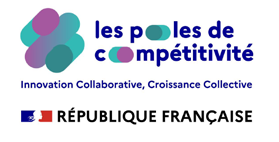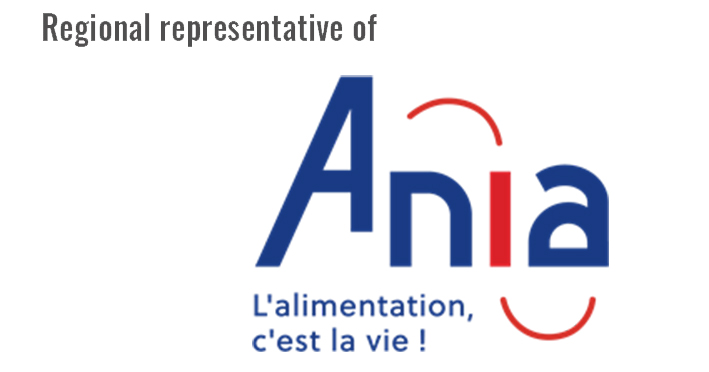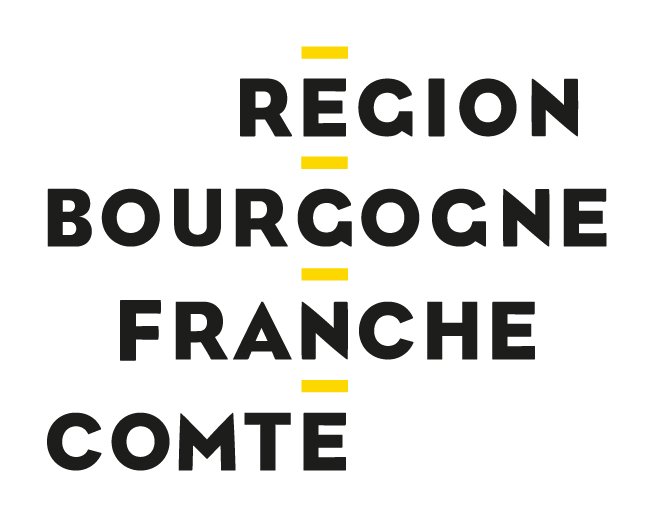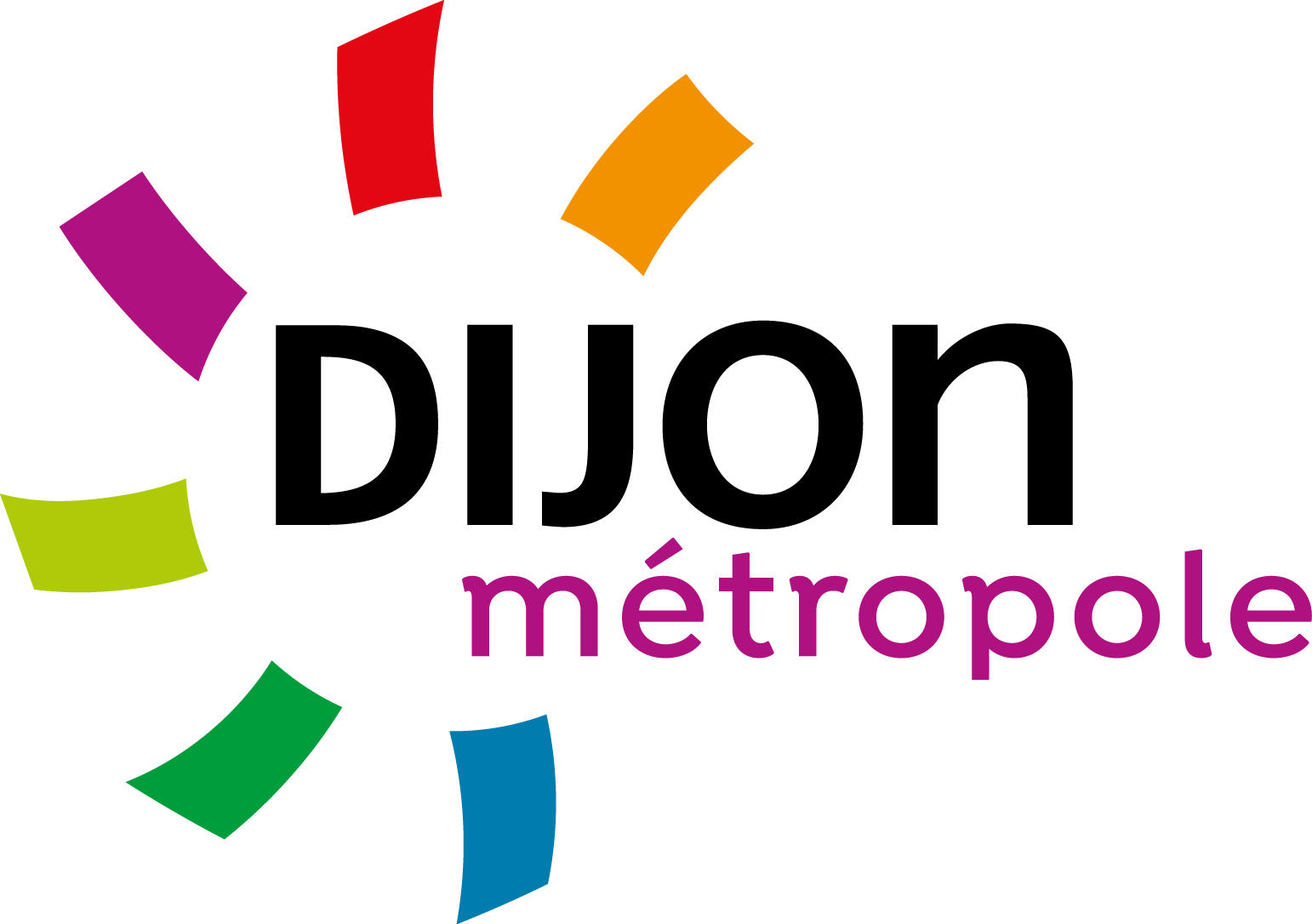29 Oct 2019
Plant-based alternatives to meat
A huge challenge: how to please everyone

The plant-based substitute market is booming in France, with an increase of 80% in sales recorded in France in 2016. Beyond this trend, consumers are making a host of expectations known: new sources of protein for health and environmental reasons, anti-animal exploitation, ease of preparation … Attracted by many opportunities, agri-food manufacturers have launched plenty of meat free products such as nuggets, sausages, meatballs or steaks. Who are these products really consumed by? Are these seemingly opportunistic products meeting consumer demands?
Let’s find out!
A trend that is taking root
Inescapable at the SIAL 2018 trade fair, plant-based substitutes to meat have become a mainstay in product launches in the past few years. According to Innova Market Insight, plant-based product launches increased by 62% between 2013 and 2017.
Many product categories are concerned by opportunities related to this trend:
- Ingredients with functional characteristics that can be substituted for animal-based ingredients, such as concentrated fruit and vegetable juices for their colouring functions, plant proteins (peas, faba beans…) for their texturing characteristics.
- Plant milk-based drinks and substitutes, whose penetration rate in French households has reached 15% according to Kantar, and is still increasing: an increase in 22% in 2017, for a total of 127.6 million euros in sales.
- Processed food, substitutes to meat, such as vege steaks, patties, hotdogs, falafel… In 2017, the plant-based food service segment increased by 116% in France, going beyond 73 million euros in turnover (source: Process alimentaire – July-August 2018 N°1360). Even if this clearly a very attractive market for the agri-food industry due to a quick and exponential craze, it is still only 1% of the size of the delicatessen meat market (5.3 billion euros in 2017).
In this article we will be focusing on the meat substitute market: who are the consumers? what are they expecting? Product launches are multiplying, but are they what consumers really want?
“Vegetarian” with a little V
Who is consuming plant-based substitutes rather than animal proteins? Many brands in France are betting on the vegan certification of their products, with the labels “European Vegetarian Union” (EVU) or “Expertise Vegan Europe” (EVE, as Herta does for its “Le bon vegetal” range, and Fleury Michon for its “côté vegetal” products. However, most of their consumers are neither vegan nor even vegetarian! This observation can easily be explained: in 2017, vegans represented only between 0.4% (source : ObSoCo) and 4% (source : Harris Interactive) of the French population. Flexitarians, however, are a much bigger market: while 79% of French people declare that they do not have a specific diet (all kinds of diet included - source: Obsoco, 2017), 35% of French people reckon they have decreased their consumption of meat. (source : CREDOC, 2018). This means, people buying meat substitutes are mainly omnivores looking for a different protein source, rather than people willing to avoid any kind of animal protein.
According to a the “3W.relevanC” study, carried out by Casino, and OpinionWay, 28% of French consumers are adepts of plant-based substitutes (all kind of diets included). This study counted only 5% of people buying these products on regular basis (criterion: more than a shopping basket out of three with a veggie product), but most French people are curious about vegetarian products with an average household penetration rate of 60% (at least one veggie product purchased per year) (source : LSA).
Adepts of plant-based substitutes: beware of assumptions
If dietary constraints are not the key to understanding the consumers of plant-based substitutes, what other markers can we find? You may think of people living in big cities, single, in their thirties and with a concern for the climate. Beware of any assumptions that might mislead you for the development of your products. In a study published by LSA (source), four categories of regular consumers are identified:
- Families on the lookout quality: “wealthy consumers living outside big cities are still buying meat but in lower quantities, focusing on quality. This is about 47% of people buying plant-based products on regular basis: a population who fancy nutritious products that are easy to prepare.”
- 55 and overs concerned for their health: “This is only 23% of people buying veggie products on a regular basis, but they are faithful buyers: there is at least one veggie product in 70% of their shopping baskets. What they like most: diet products and ease of use compared with meat (use-by date, non-perishable, easy to cook, easy to include in a balanced meal).
- Young vegetarians: “Households under 35, no kids, living in big cities and willing to reduce their consumption of meat to have a healthier diet”. Representing 24% of regular purchasers of veggie food, they appreciate both their clean label and nutritional aspects.
- Activists: “Young urban and single people, who are the closest to the vegan population. They avoid animal-based products as much as they can”. Representing only 6% of consumers buying veggie food on regular basis, those products represent 20% of their grocery spending: these consumers are key.
It is of course necessary to speak of “consumers of vegetarian products” in the plural when it comes to analysing this market!
100% plant-based, tasty and nutritious: all good things come in threes.
To answer the enthusiasm of consumers for these products, the “plant-based processed food” offer has been growing very quickly since 2016. Thus, pioneer brands such as Céréal, Bjorg or Sojasun have had to face new competitors from the processed foods and vegetables industries (Fleury Michon, Bonduelle), private labels devoted to vegetarian foods (Carrefour Veggie, Veggie Marché…), and also players from the meat product markets (Le Gaulois – Groupe LDC, and Herta – Nestle).
Even though this market offers a wide range of products, it is complicated to answer consumers’ expectations as these are very diversified: price, easy of use, nutrition and health, naturalness, environment etc… This may explain why some products have disappeared from the shops after a few months, while making room for new product launches. In order to develop substitutes to meat products, you have to answer two questions: where is the purchase trigger? What commitment do you want to focus on?
1. A meat-free guarantee
Even though it is obvious, it is good to emphasis this. Veggie processed foods must be a 100% plant-based. This is translated in terms of naturalness for flexitarians, and meeting their dietary restrictions for vegans. Do not mislead your consumers, your brand image is likely to be discredited. No question either of marketing a vegetarian product that could contain cheese or eggs, even if your target is vegetarian and flexitarian consumers. This is why you must certify your products with the label “EVU” or “EVE”.
In France, we all remember the Bonduelle scandal from 2015, who were accused by Vegemag (a website devoted to vegetarian and vegans) for using animal-based food preservatives in its canned and frozen products. Even though Bonduelle managed the crisis well, producers of plant-based products can learn a lesson: both vegetarians and omnivores blamed the brand for using animal-based ingredients in products they buy specifically due to their guarantee of being meat-free.
2. Taste first! Yes, but which one?
According to Céline Laisney, director of AlimAvenir (a website devoted to agri-food trends and intelligence), “the success of plant products is due to the many new products coming on the market. People buy them to try something new”. In other words, taste is not a decisive purchase criteria. Furthermore, Sophie Reynal, marketing director at Nutrimarketing, estimates that only 23% of consumers choose plant products for their taste. Seducing followers of veggie processed foods through a promise of taste is clearly still complicated to achieve. But once the novelty value has worn off, taste remains a key element to earning repeat purchasers. Beyond a doubt, increased familiarity with the less usual flavours of veggie products will certainly help.
3. Clean Label: the right argument
The promise of a healthy food product is one of the most important criteria when purchasing veggie processed foods, especially for flexitarians who want to avoid eating too much meat, or to have different sources of proteins including vegetal proteins. However, the ingredients list for plant-based alternatives is quite similar to that of meat-based products: additives, stabilisers, texturisers, thickeners etc. The result is far from “Clean Label” and plant-based alternatives still fall under the category of “highly-processed” products.
Once again, the search for the “exact copy” is brought into question: juicy sausages, crunchy nuggets, a “bloody” burger… however, in a survey carried out in 2017, IPSOS declared that 82% of French people would avoid some ingredients as much as they possible, including palm oil (64%), aspartame or food colouring (source : AgroMedia). In this context, why would consumers choose a plant-based steak rather than a risotto or split pea soup, the latter being less processed but every bit as meat-free?
With a list of simple arguments that are understandable for the consumer, the “clean label” credentials can be a powerful argument to sway consumers. Focusing on natural, familiar ingredients (peas, beans…) for their texturing and functional characteristics (like Bjorg or SojaSun), in favour of “chemical-sounding” ingredients like methylcellulose is a good first step.
Price, regulations: beware of good ideas in theory
Beware of the price! We will say it again: consumers of plant-based products are seldom vegan (nor vegetarian). Faced with a high price (more than 20€ per Kilo for veggie patties), they might still opt to buy good quality meat. While good quality ingredients need to be selected to meet the “health-natural” expectations, be careful to manage the overall price of the product so it does not become an obstacle to purchasing.
Another warning: the name of the product. In the US, laboratory meat (that is to say, meat produced from molecules without killing animals) has recently received FDA and USDA approval. However French authorities are not yet so flexible.
At the end of April 2018, an amendment was voted by the French parliament to ban the use of food names for plant-based alternatives: “names associated with animal-based products cannot used to sell food products with a significant proportion of plant-based ingredients”. Since 2017, this also includes dairy products (except for coconut milk and chestnut cream). No more “steaks”: from now on, companies will have to be creative for the naming of their products… or, once again, just own the “meat-free” positioning.




 Home
Home
















Share your opinion